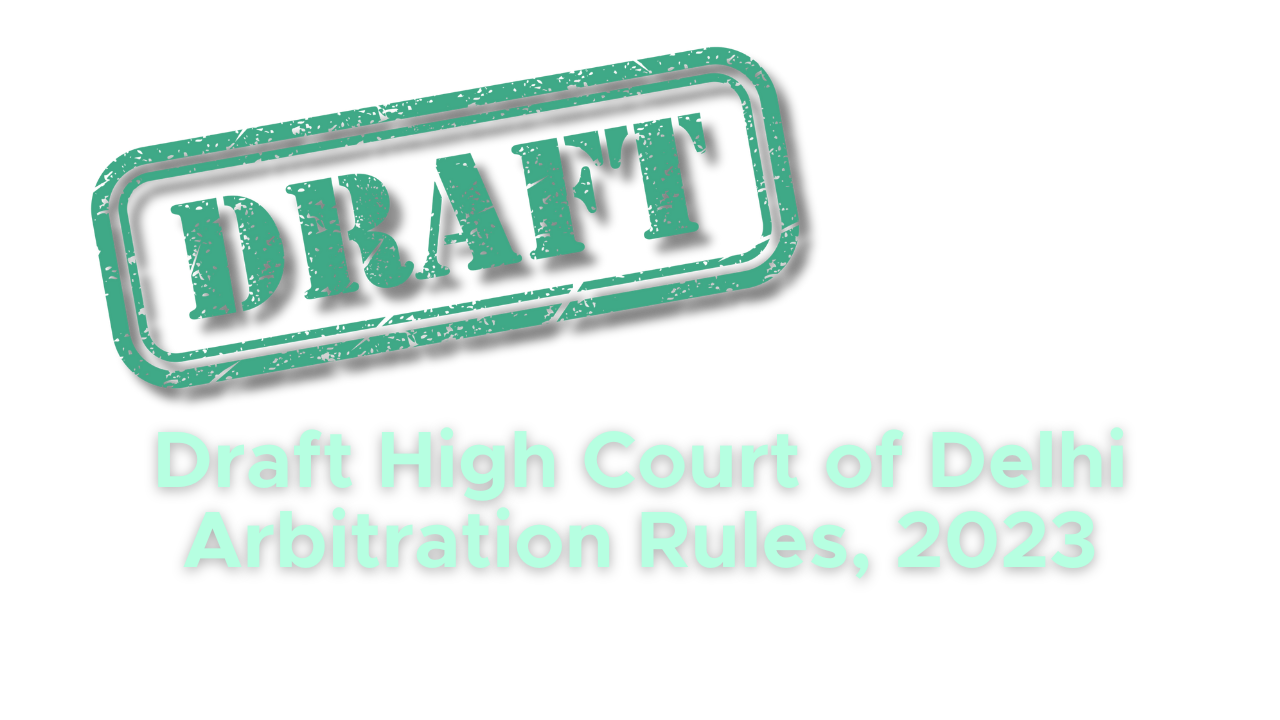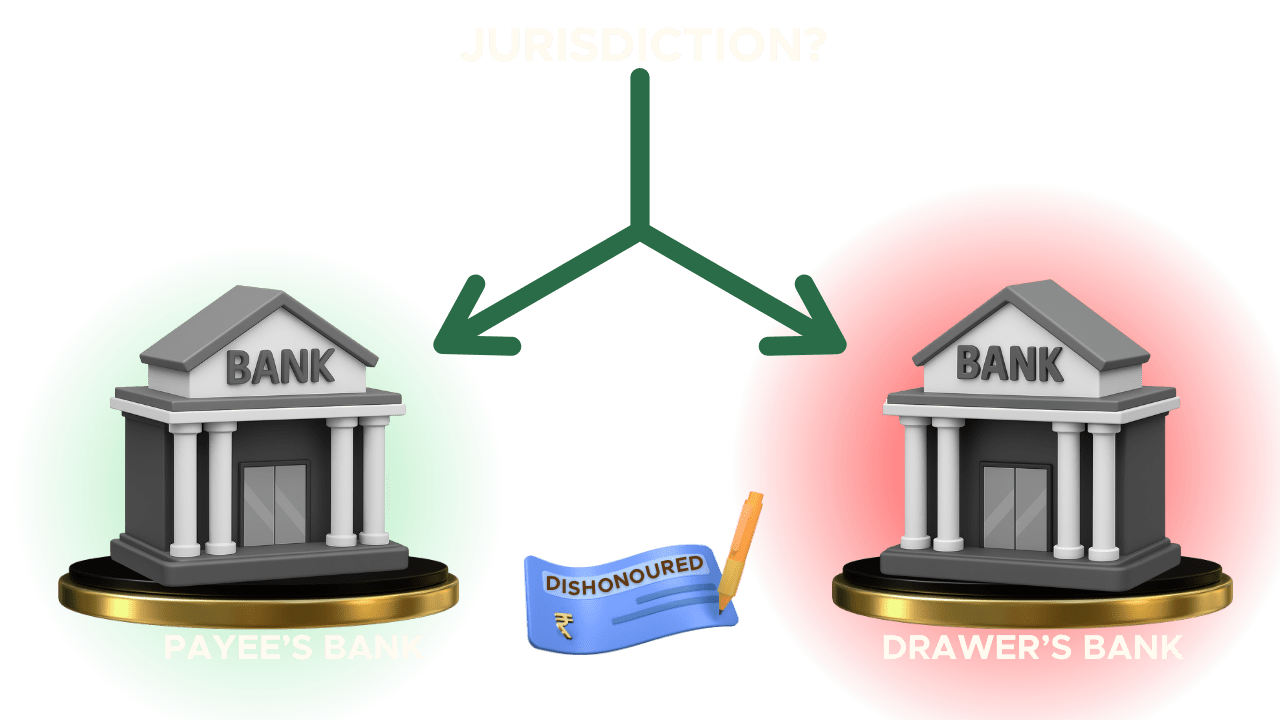Introduction
In a significant stride towards strengthening India’s arbitration framework, the Delhi High Court has unveiled its ‘Draft High Court of Delhi Arbitration Rules, 2023. This forward-looking initiative, developed under the Arbitration and Conciliation Act, 1996, and the Delhi High Court Act, 1966, aims to simplify and enhance the efficiency of arbitration proceedings within its jurisdiction. The draft rules are currently open for public feedback until July 5, 2025, a move that underscores the Court’s dedication to fostering a more transparent and robust arbitration ecosystem by inviting stakeholders to contribute to shaping a modern dispute resolution framework. The core objective of these Draft Rules is to regulate the practice and procedure for all arbitration matters falling under the Delhi High Court’s purview. By consolidating existing practice directions and judicial pronouncements, the rules seek to promote procedural uniformity, significantly enhance overall efficiency in arbitration-related proceedings, encourage the adoption of institutional arbitration, and ultimately strengthen the enforceability of arbitral awards, thereby positioning India as a preferred arbitration hub.
Proposed Measures
The Draft Arbitration Rules, 2023, propose several key measures designed to enhance the efficiency, consistency, and integrity of arbitration proceedings:
Standardized Fee Structure and Documentation: A significant provision links the fee structure of arbitrators appointed by the High Court to the Fourth Schedule of the Arbitration and Conciliation Act, 1996, unless otherwise agreed upon by the parties. This aims to bring greater predictability and transparency to arbitrator fees. To streamline documentation, all arbitration petitions are mandated to adhere to a unified filing format, similar to that used for writ petitions, ensuring consistency and ease of reference for all parties involved and the Court.
Emphasis on Institutional Arbitration: The draft rules actively promote the use of institutional arbitration by encouraging parties to adopt institutional frameworks. This is a crucial step as institutional arbitration offers numerous advantages over ad-hoc arbitration, including established rules, administrative support, a panel of experienced arbitrators, and often, mechanisms for scrutiny of awards, leading to more predictable and efficient proceedings.
Enhanced Procedural Discipline and Case Management: To boost judicial efficiency, the rules empower courts to require parties to submit written arguments in advance and to set specific time limits for oral hearings. This measure is expected to ensure more streamlined proceedings and reduce delays. Moreover, in cases where multiple matters arise from the same contract or dispute, the rules stipulate that all such connected matters will be heard by the same Bench. This provision is vital for promoting consistency in decisions and avoiding conflicting judgments on related issues.
Meticulous Record Keeping and Jurisdictional Clarity: Arbitral tribunals seated in Delhi are now required to maintain properly indexed and paginated records, with digital copies readily available. This meticulous record-keeping aims to facilitate effective judicial oversight and ensure smooth access to documents during court proceedings. Furthermore, the Draft Rules introduce a standardized system of nomenclature, using specific case-type codes such as “ARB.P.” and “OMP(COMM),” to clearly distinguish between various types of arbitration applications. Definitive guidelines for determining both territorial and pecuniary jurisdiction are also laid down, particularly for matters governed by the Commercial Courts Act, 2015, ensuring greater jurisdictional clarity.
Advance Service Protocol and Structured Filing Requirements: To enhance procedural completeness and uniformity, the rules mandate an advance service protocol. Applicants are now required to serve copies on the opposite parties, including government bodies or statutory authorities, with documented proof of service via email or through standing counsel. Additionally, structured filing requirements are outlined for applications under key provisions of the Arbitration and Conciliation Act, 1996, specifically Sections 8, 9, 11, 14, 15, 17, 27, 29A, 34, 36, 37, and 39. These filings must comprehensively include essential documents such as a synopsis, a statement of jurisdiction, the arbitration agreement, and proof of advance service.
Repeal of Existing Practices: The Chief Justice is vested with the authority to amend these rules, and earlier practice directions, along with the 1996 Arbitrator Appointment Scheme, will be repealed prospectively. This ensures a consolidated and up-to-date framework for arbitration matters in the Delhi High Court.
Conclusion
The Delhi High Court’s Draft Arbitration Rules, 2023, aim to modernize India’s arbitration landscape by promoting transparency, strengthening institutional mechanisms, and aligning with global best practices, thereby fostering a predictable, efficient, and cost-effective dispute resolution environment. Stakeholders, including advocates, arbitrators, litigants, and arbitral institutions, are invited to submit their objections or suggestions on these crucial rules by July 5, 2025, via email to jr-rules.dhc@gov.in, to help ensure a robust framework that bolsters investor confidence and solidifies India’s position as a business-friendly jurisdiction.
Expositor(s): Adv. Archana Shukla






